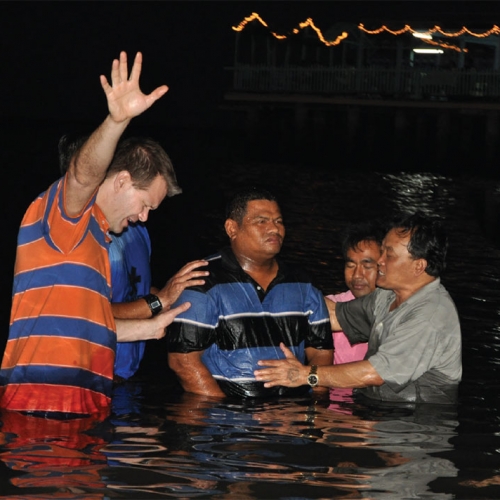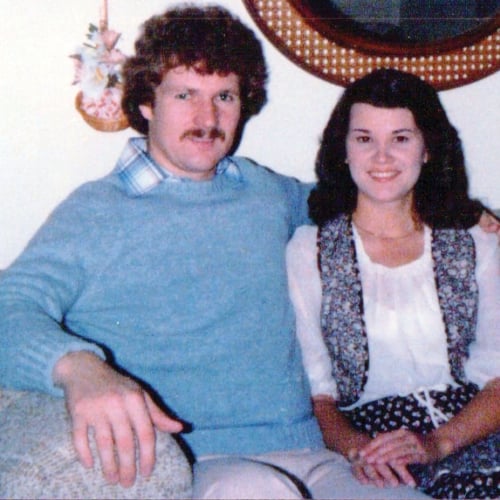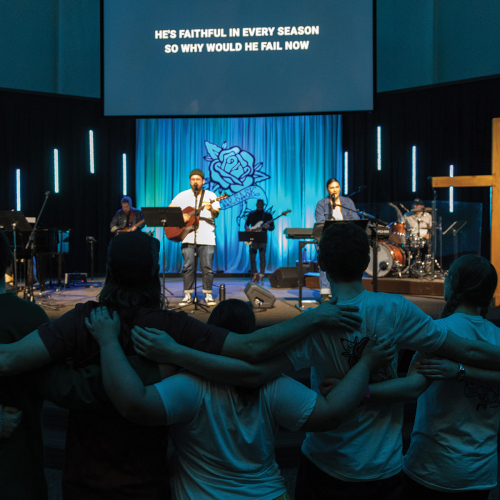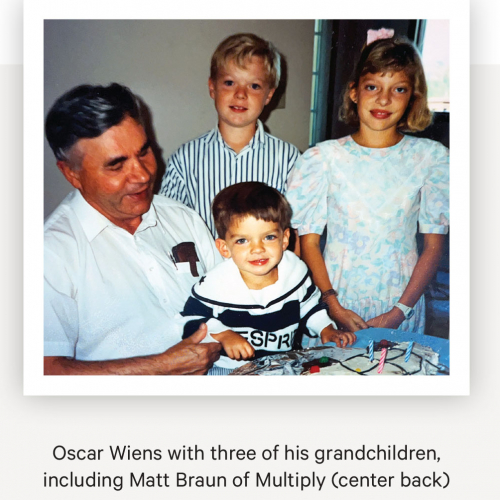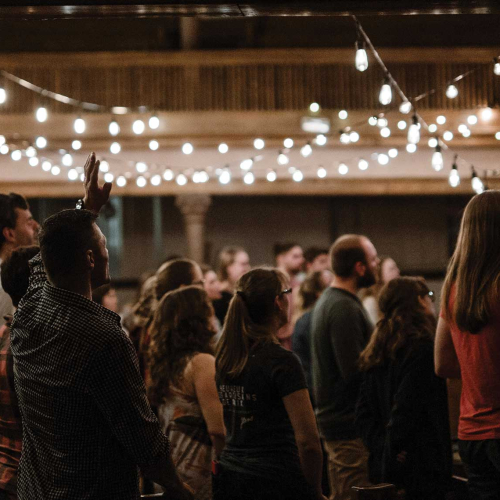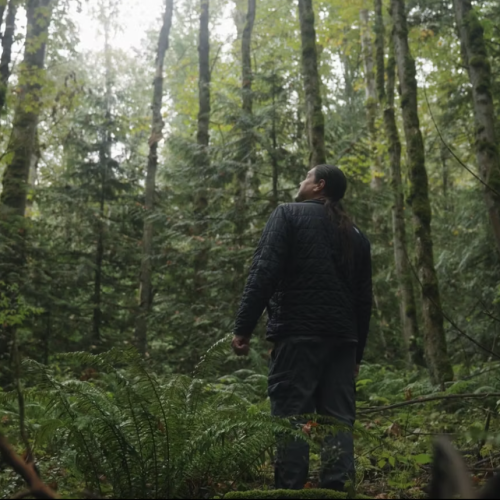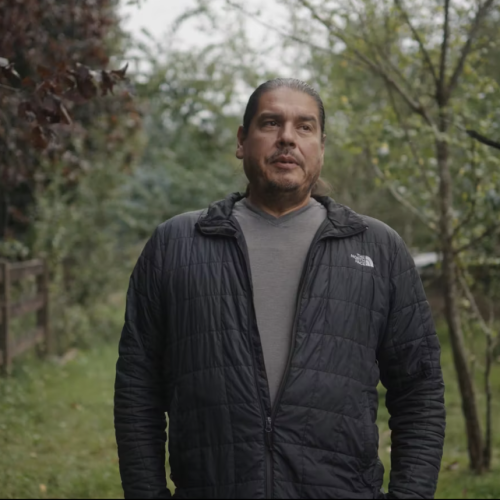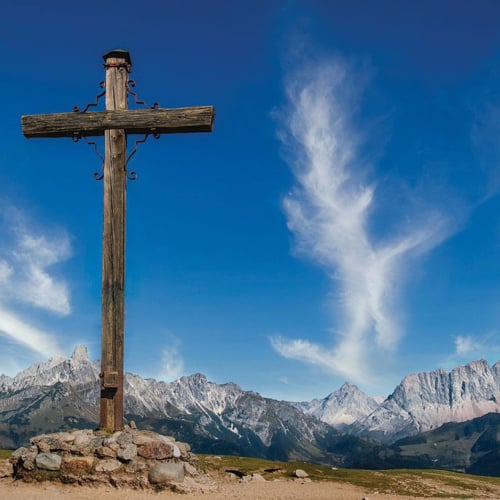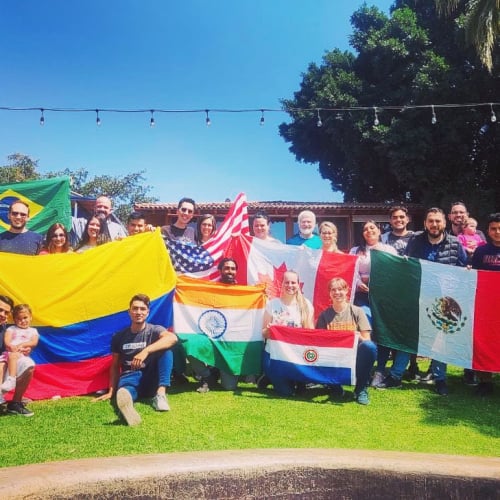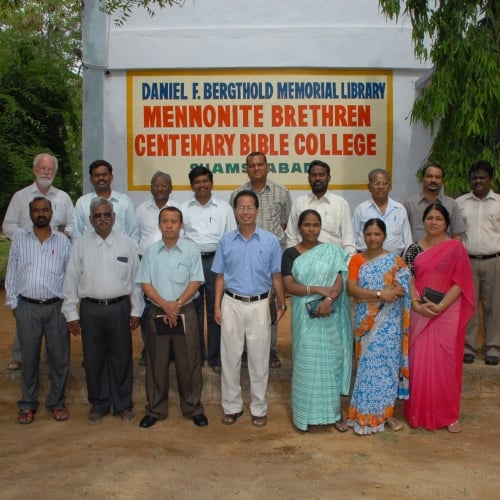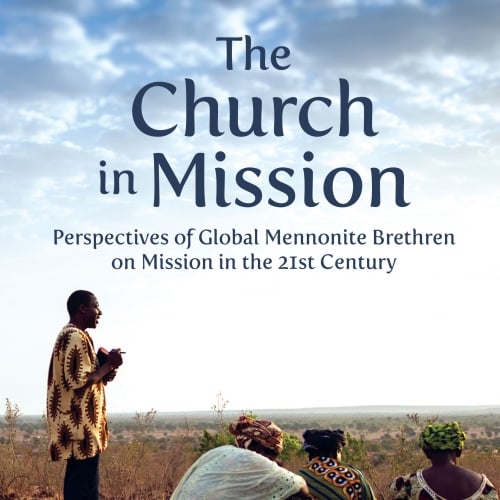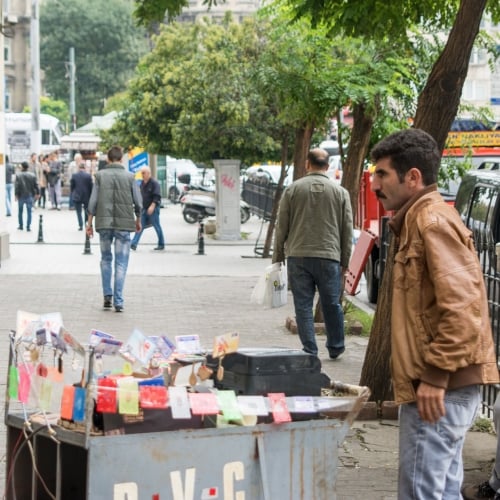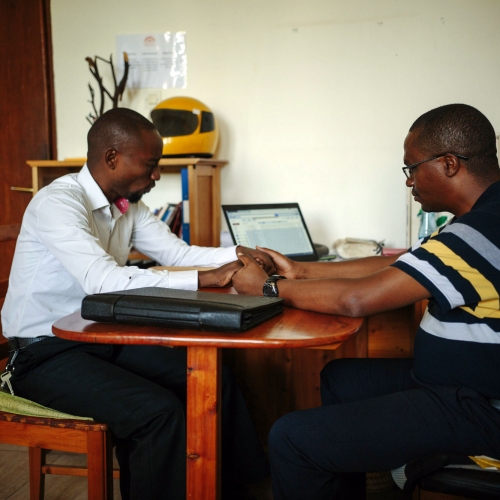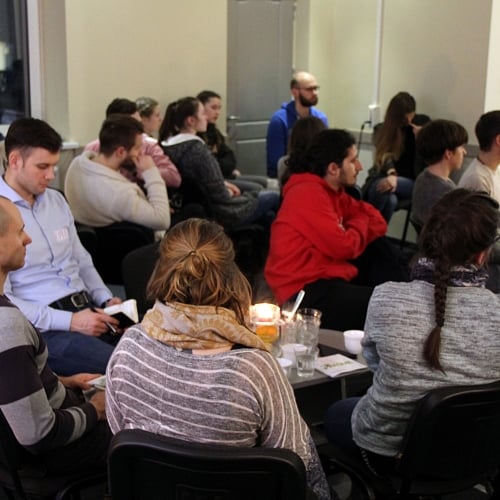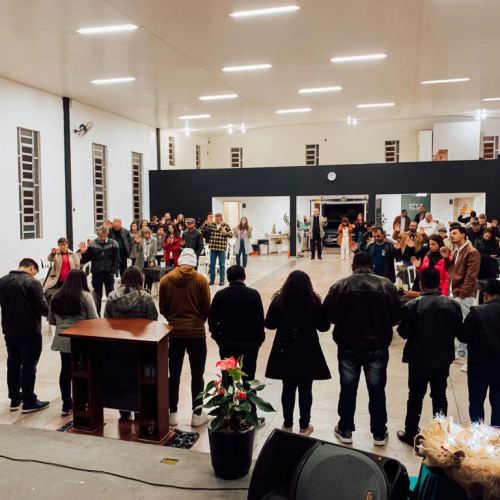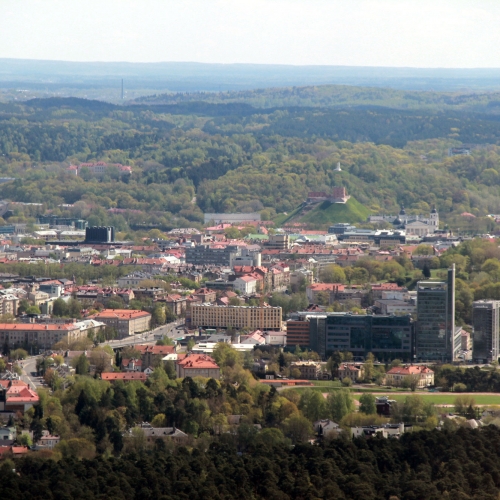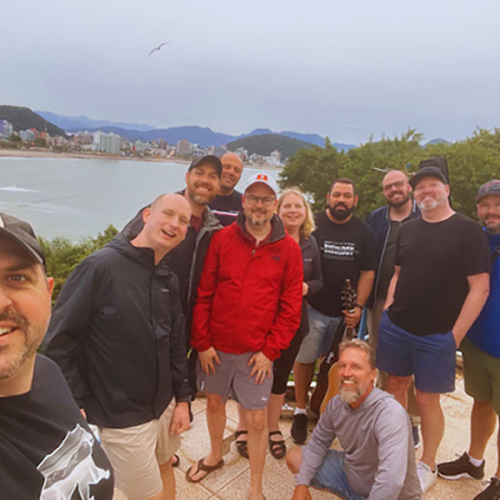What if God was one of us
Just a slob like one of us
Just a stranger on the bus
Tryin’ to make His way home?
- Joan Osborne, One of Us
When Joan Osborne sang the musically catchy, lyrically provocative hit, One of Us, back in 1995, it caused quite a stir–especially among evangelicals. Some labeled it “misinformed,” others branded it “heresy.” Osborne was called names and even received death threats. That she had the audacity to describe God as a “slob” and invite listeners to imagine him being among us enraged many Christians.
I wasn’t one of them. While some of the lines in the song are theologically murky, I appreciated Osborne’s honesty in asking raw questions that many in our culture continue to ask. The main ones being: Where is God in this messy, tragic, and often painful world? Has he abandoned us?
When interviewed, Osborne responded to concerns by saying, “To me, it seemed like something that a little child would come up and tug you on the sleeve and ask... and I thought it was very beautiful.”
I also appreciated the song because, as a follower of Jesus, I knew the answers to Osborn’s questions. God hasn’t abandoned us. He is present in our world. And, best of all, we don’t have to wonder what if. God DID become one of us. He chose to leave his throne in glory, humbly clothing himself in frail humanity.
In the familiar opening of John’s gospel, the apostle puts it this way: “The Word became flesh and made his dwelling among us” (John 1:14, NIV).
We refer to this grand, sacrificial act as the “incarnation” (literally, “taking on flesh”). C.S. Lewis called it the miracle of Christianity, noting, “[Christians] say God became Man... If that happened, it was the central event in the history of the earth” (Miracles, 1947).
Rather than simply observe or even advise from a distance, Christ came to us, walked with us, experienced our joys, our sorrows, our temptations, and ultimately, as the only sinless God/Man, conquered sin and death. By developing relationships with a small group of people, living with them, and dying for them (and us), he radically altered the course of mankind’s destiny.
Shockingly, Jesus expects us to do the same. While we cannot attain to his sinless status, we are called to deny ourselves, take up our cross and follow him, imitating and demonstrating his incarnational ministry (Matthew 16:24).
As missiologists will tell you, incarnational ministry can be tricky. It involves personal interaction (deep relationships) and cultural immersion (deep understanding), which are always difficult. It takes a heavy investment of time, an enormous amount of energy, and, most of all, Holy Spirit-empowered love.
Multiply’s Jeremy and Adrienne Penner, who serve in SE Asia, provide us with a description of what this can look like: “Someone enters into a community with a heart for Jesus to move there. Maybe it’s their own neighborhood, maybe they move to the next province, or maybe they move to the other side of the world. They enter into that place incarnationally, like Jesus when He stepped down into our story. Intentionally becoming a local, becoming known, becoming a person of peace and trust and good news. They become a catalyst–like a hot coal being placed into a new pot.”
That sounds like a lot of work. It sounds inconvenient. It sounds exhausting. But Jesus never promised us an easy life. In fact, he promised: “Whoever loses their life for me will find it” (Matthew 16:25). He has invited us to spend ourselves and our very lives in reaching those he came to save.
What if God was one of us?
The what if is no longer a mystery. It’s now a because of—because he was one of us, because Jesus came and lived among us, because he died and rose again for us— we can be forgiven and know God.
That’s Good News! And we have the tremendous privilege and opportunity to incarnationally share that news with the world.




